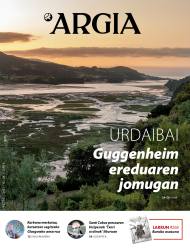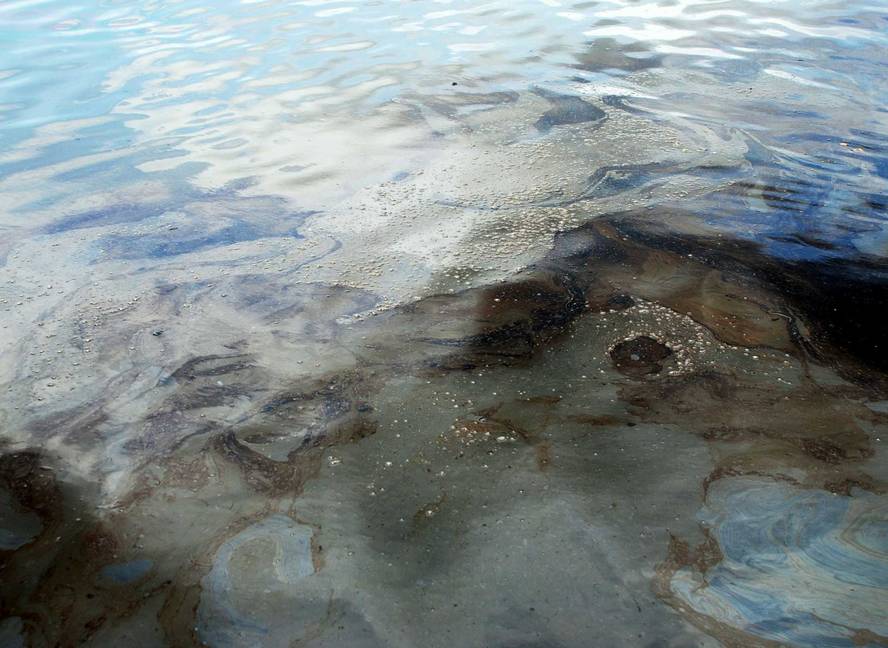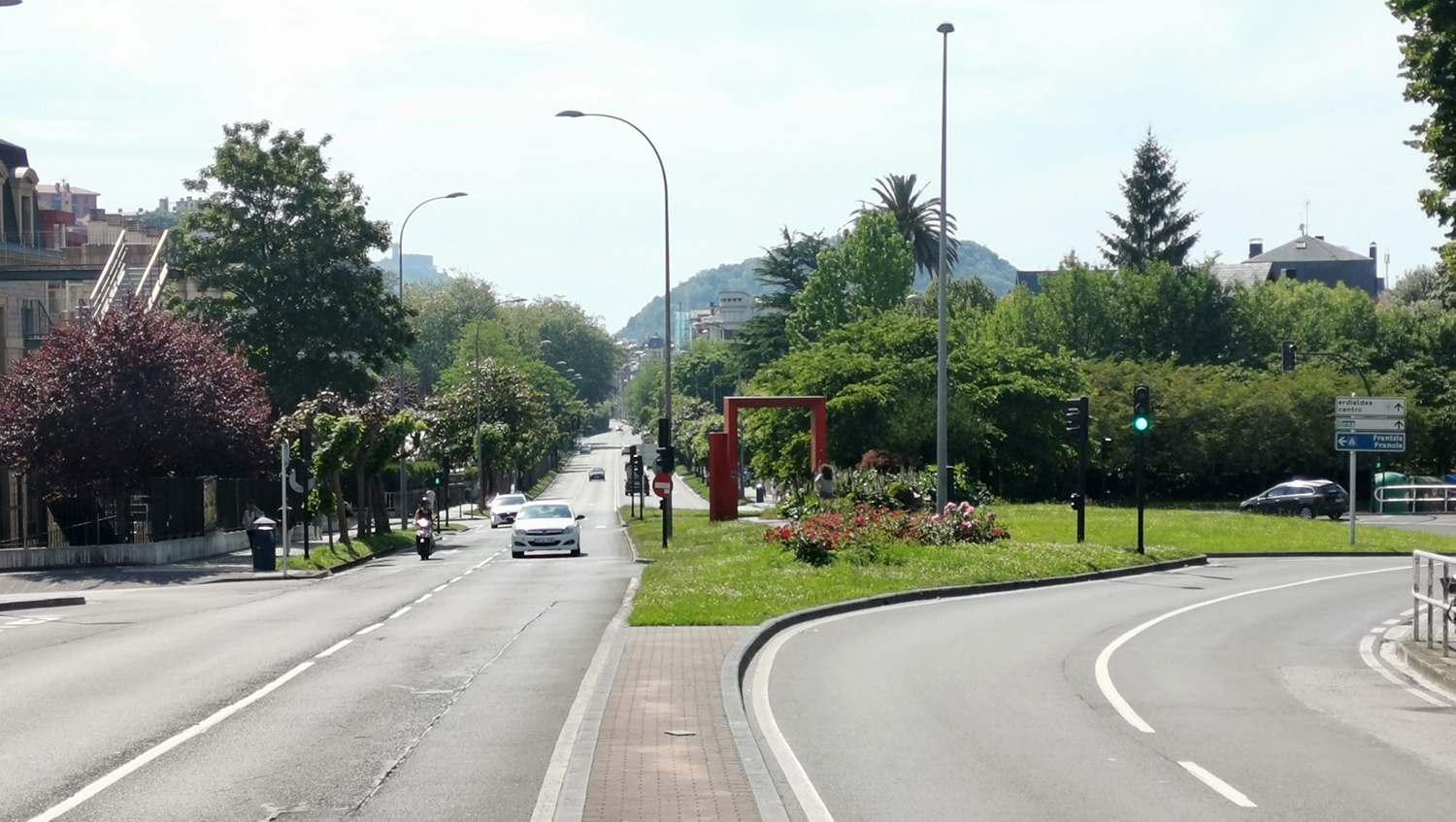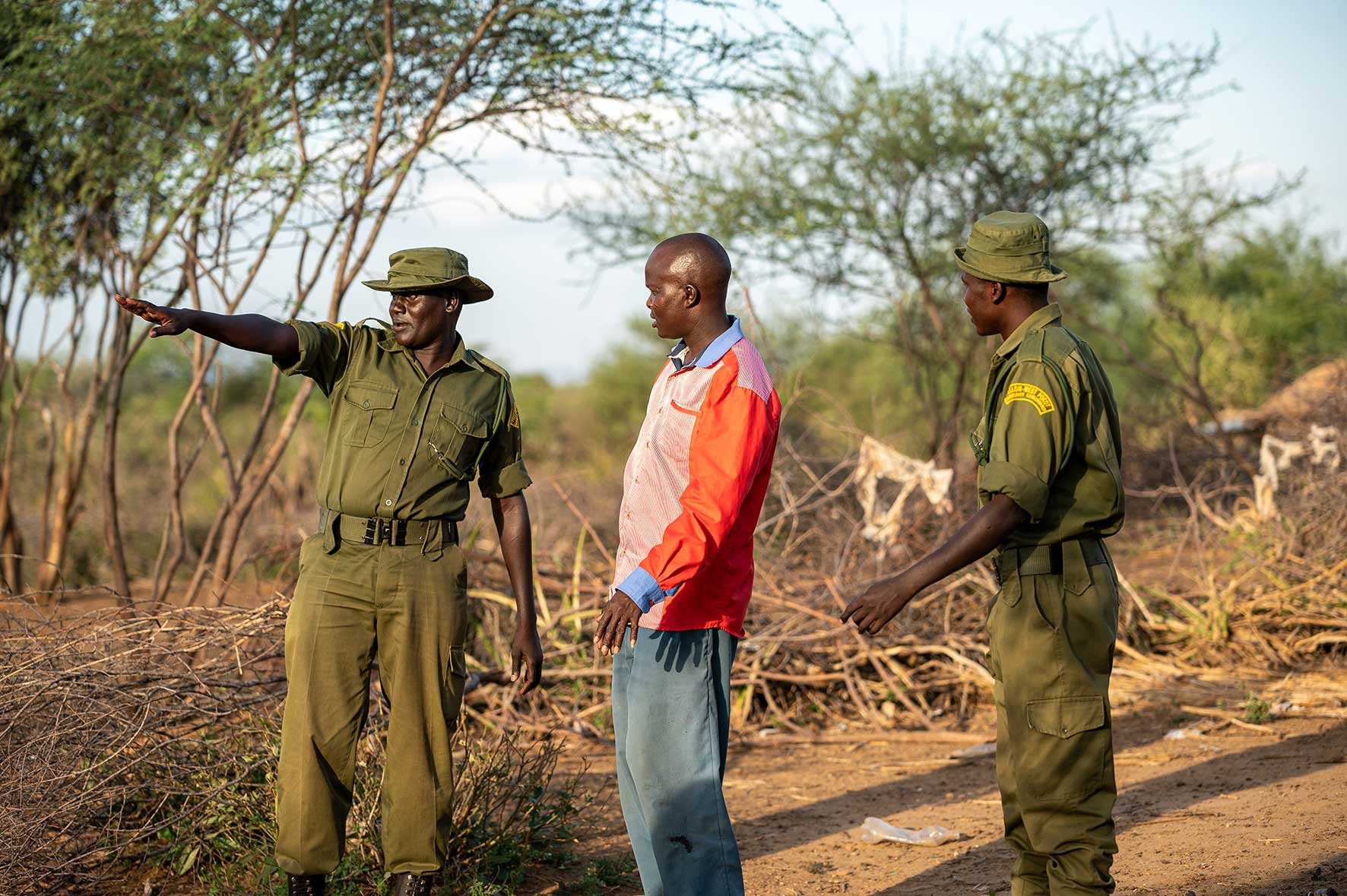Carbon markets have been agreed in Glasgow to maintain the system
- With the aim of reducing greenhouse gas emissions, the Kyoto Protocol, signed in 1997, provided the opportunity for the carbon market, followed by the Paris Agreement and, once and for all, broadly agreed at the Glasgow Summit. The major pollutants in the world have been satisfied with what has been achieved, the environmentalists and the indigenous peoples of the South are concerned and angry. In fact, in the name of carbon neutrality, the mechanism opens up the possibility of continuing to pollute, as well as increasing the wild exploitation of land.

It is no coincidence that the main pollutants constantly talk about carbon neutrality and at COP26 talk about the carbon market: business as usual [business as usual], to the detriment of climate, biodiversity and human rights” This is the reading of Myrto Tilianaki, from the Non-Governmental Organization CCFD-Terre Solidaire. Room must be taken to understand what lies behind the terms “carbon market” and “carbon neutrality”, in the face of the suspicion that the most powerful multinationals, the rich countries of the North, the oil tankers and the big ones in the financial world put the climate as a solution to the emergency.
Glasgow has agreed on what was proposed in 1997 by the Kyoto Protocol and what Article 6 of the 2015 Paris Agreement means about the carbon market. Young ecologist Greta Thunberg published a simple and clear comparison to represent the consensus: “I am pleased to tell you that I have set insult neutrality: if I say something wrong, I promise you that I will compensate you with a grate.” We are in this: despite overcoming carbon quotas, the State or Company A can continue to buy unused emission quotas in State B or in the company, or carbon credits through projects involving carbon absorption; ensuring carbon neutrality through treatment. In the words of supporters, emission reduction is a good tool for “stimulation”, as well as “voluntary”. In the words of the opposites, it makes it possible to paint the face green and continue to contaminate it.
To combat climate change, we need carbon neutrality, an IPCC structure of scientific experts told us this summer: we need carbon neutrality to keep climate warming to 1.5 degrees by 2050. But there's no doubt that the goal of greenwashing or green cleaning, carbon neutrality, and the road, the carbon market, can be objective, and they're taking into account what's heard in Glasgow. What has been agreed has been considered “regrettable” by the environmental groups. Greenpeace says: “The betrayal of states is twofold. On the one hand, the most vulnerable countries do not want to put the financing they need on the table; on the other hand, they allocate carbon credits to continue to pollute without penalties, with the risk of turning the Paris Convention into a gigantic greenwashing machine.” It is noteworthy, for example, that India, Brazil and China hold 300 million cumulative carbon credits in their hands since 2013 (e.g. the industry of the first European materials (mining, petrochemical, steel, stationery,...), aviation and the energy sector with a range of 1/5 emissions). They wanted and have managed to ensure this condition.
The “solution” that pollutants need
The presence of companies and lobbies in the Glasgow industry has become clear: 503 NGO representatives Global Witness follow the story. Among them, the International Association for Emission Rights (IIC) IETA, which guides climate policies and is composed of major polluting activists such as Shell, Chevron, BP, oil companies Total. As its name suggests, it is strongly in favour of the carbon market.
You can read that carbon neutrality is a “trap to maintain the status quo” Compensation carbone: tout sauf neutrre! extracted by CCFD-Terre Solidaire. In the report “Carbon Compensation: Everything but the neutral”, which opens the way to avoid the need to reduce emissions. In addition, the trend points to an increase in land exploitation: “Carbon absorption needs could be set at about tens of millions of hectares, and this land search engine would have nature funded.” Oxfam announced last year that if the carbon neutrality target were to be met, there would be no more agricultural land, which would require 1.6 trillion hectares of forest, that is, five times the surface of India. This trend would mean an 80% increase in the price of food by 2050, according to the NGO. “These ‘solutions’ will increase hunger, land expropriations, biodiversity loss and human rights strides, taking advantage of pollutants as an excuse to continue polluting,” said Armelle Le Comte, a member of Oxfam.
Glasgow has rejected the exclusion of land from the carbon markets – despite the fact that environmentalists and poor people in the South had it as a condition. If they play the survival and food sovereignty of those in these lands. COP26: les peuples autochtones victimes du marché carbone (“COP: indigenous peoples as victims of the carbon market”), published by Mediaparte the day after the Glasgow summit. According to the Climate Accountability Institute, the oil multinational Total puts as an example one of the twenty most polluting companies in the world, 40 million acacias destined in the Republic of Congo. “In addition to the indigenous and the peasants, Total wants 40,000 hectares covering the savanna with monoculture of a non-indigenous species.”
The planting of forests, the construction of hydroelectric reservoirs, the protection of natural spaces -- there are countless pathways for carbon compensation. The problem is that in order for those in the North to continue to pollute, these projects are being built in the South. It is the new face of capitalism and colonialism. The ecologists called for the inclusion in Article 6 of the guarantee of the rights of citizens and indigenous peoples, something that was not accepted in Glasgow. You will have to look at the weight you are going to have, but you agree to set up a complaints system to denounce infringements of rights.
Glasgow has been the summit of the rich countries. This is the case, and they have assumed that by 2100 we will not be able to avoid the “catastrophic warming” of 2.7 degrees. The IPCC’s sixth alarmist report, known this summer, has not been enough to channel change. The same is true of those who live in the lands of the South by crashing their bone marrow.
Berria izateari utzi dio: beroketa globalak bi graduak gaindituko ditu, eta gainditze horrek ondorio oso garestiak ditu. Klimaren gaia tabu bilakatzen ari den testuinguru berri honetan, banketxe handiek ez dute horri buruz komunikatzen, baina arazoaz ongi jabetu dira eta... [+]
On the night of April 28, the terraces of Barcelona’s Badal Rambla were crowded; unrefrigerated beers were served, but people seemed happy. “If the end of the world has to come, let it catch us with joy,” a neighbor told me. For more than ten hours the electricity had... [+]
Klima aldaketaren eraginez, munduko lurralde gero eta gehiago idortzen ari dira, milioika pertsonaren jarduera eta bizimoduak kolokan ezarririk. Fenomeno horren frontean dago India erdialdeko Maharashtra estatua, non klimaren berotzeari eta lehortzeari metatu zaizkien oihan... [+]
Today’s Venice is built on an archipelago of 118 islands. These islands are connected by 455 bridges. The city is based on mud rather than Lura. Millions of trees in the area were cut down from the 9th century onwards to build piles and cement the city. Years have passed and... [+]
Lurrak guri zuhaitzak eman, eta guk lurrari egurra. Egungo bizimoldea bideraezina dela ikusita, Suitzako Alderdi Berdearen gazte adarrak galdeketara deitu ditu herritarrak, “garapen” ekonomikoa planetaren mugen gainetik jarri ala ez erabakitzeko. Izan ere, mundu... [+]
Eskola inguruko natur guneak aztertu dituzte Hernaniko Lehen Hezkuntzako bost ikastetxeetako ikasleek. Helburua, bikoitza: klima larrialdiari aurre egiteko eremu horiek identifikatu eta kontserbatzea batetik, eta hezkuntzarako erabiltzea, bestetik. Eskola bakoitzak natur eremu... [+]
Agintari gutxik aitortzen dute publikoki, disimulurik eta konplexurik gabe, multinazional kutsatzaileen alde daudela. Nahiago izaten dute enpresa horien aurpegi berdea babestu, “planetaren alde” lan egiten ari direla harro azpimarratu, eta kutsadura eta marroiz... [+]






















